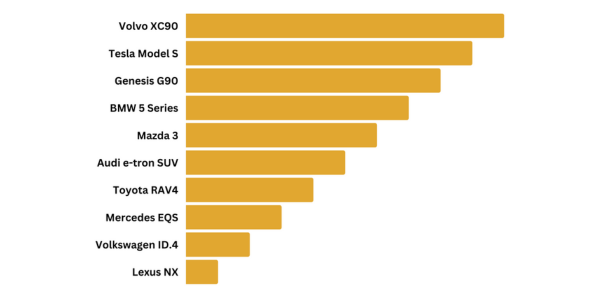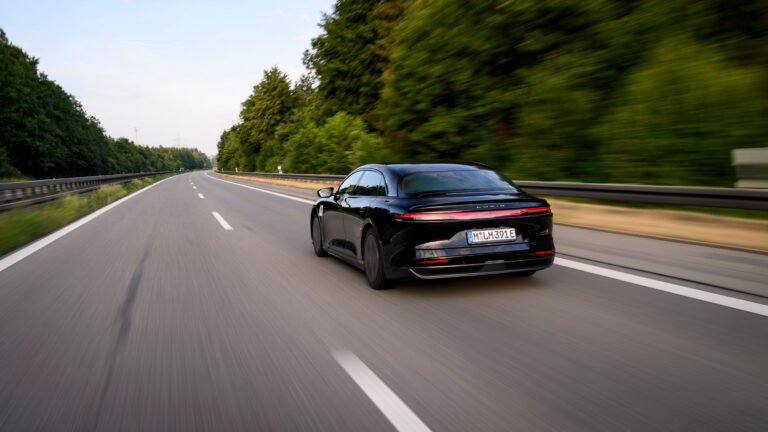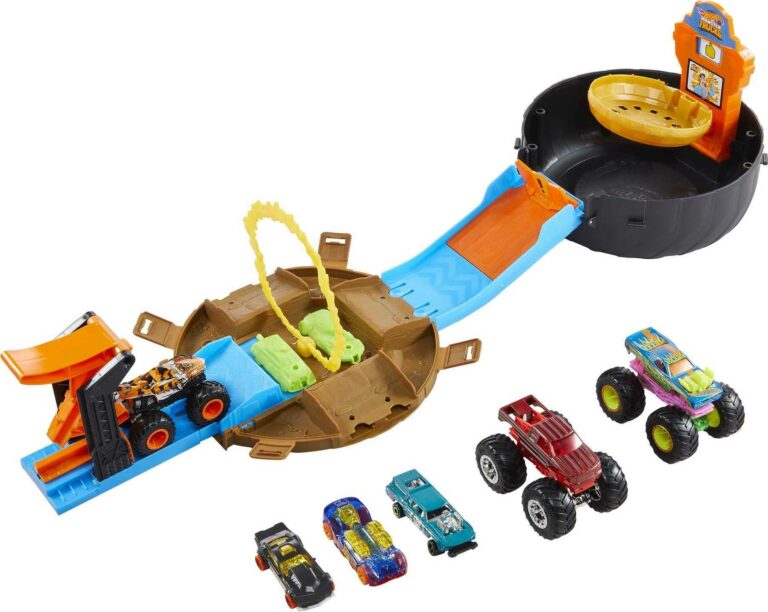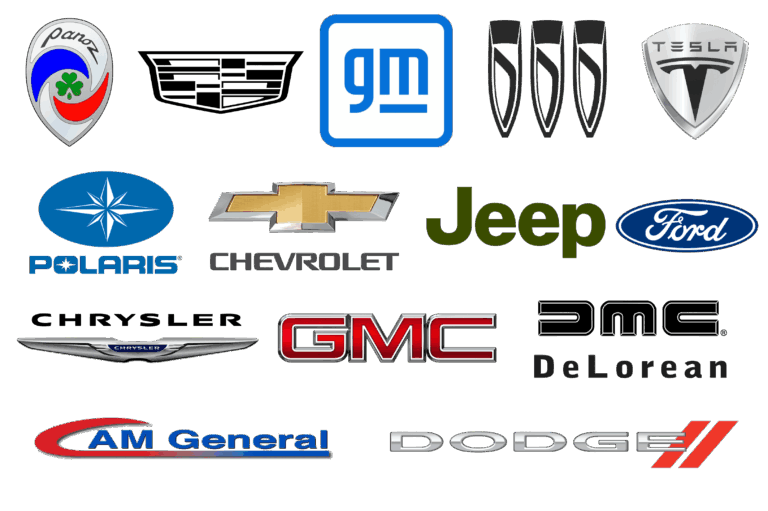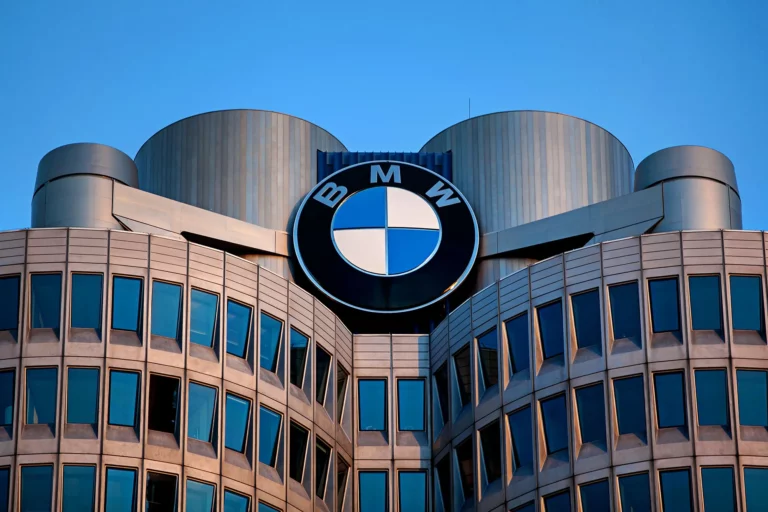Good Car Brands To Buy Used
Good Car Brands To Buy Used cars.truckstrend.com
In a world where the average new car depreciates by 20-30% in its first year alone, the allure of a pre-owned vehicle becomes undeniably strong. Buying a used car is a financially savvy decision that allows consumers to stretch their budget further, access higher trim levels or more luxurious models, and avoid the steepest drop in value. However, the used car market can be a minefield if not navigated carefully. The key to a successful used car purchase lies not just in finding a good deal, but in choosing a good car brand – one renowned for its reliability, durability, and lower cost of ownership over time. This comprehensive guide will explore what makes a car brand a smart choice for the used market, highlight the top contenders, and provide practical advice to help you make an informed decision.
Why Buy Used? The Smart Shopper’s Advantage
Good Car Brands To Buy Used
Opting for a used car offers a multitude of benefits that appeal to a wide range of buyers:
- Depreciation Avoidance: The most significant financial advantage is letting someone else absorb the initial depreciation hit. A new car loses a substantial portion of its value the moment it drives off the lot. By buying used, you step in after this rapid decline, securing a vehicle at a much lower price point relative to its initial cost.
- Lower Purchase Price: This is self-evident. For the same budget, you can often afford a larger, more feature-rich, or more upscale used vehicle than a brand-new entry-level model.
- Reduced Insurance Costs: Insurance premiums are typically lower for used cars, as their replacement value is less than that of new vehicles.
- Wider Selection: The used car market offers an expansive inventory across various makes, models, and years, providing more options to match specific needs and preferences.
- Certified Pre-Owned (CPO) Programs: Many manufacturers offer CPO programs for their used vehicles, providing extended warranties, multi-point inspections, and roadside assistance, bridging the gap between new and standard used car purchases.

What Makes a Car Brand "Good" for Used Purchases?
Not all car brands are created equal when it comes to long-term reliability and affordability on the used market. Several critical factors distinguish the best choices:
- Reliability & Durability: This is paramount. A good used car brand produces vehicles known for consistent performance, minimal mechanical issues, and the ability to withstand high mileage without significant breakdowns. J.D. Power, Consumer Reports, and various automotive forums are excellent resources for gauging a brand’s reliability reputation.
- Low Maintenance & Repair Costs: Even reliable cars need maintenance. Brands that use readily available parts and whose common repairs are not excessively complex or expensive are highly desirable. This includes the cost of routine services (oil changes, brake pads) and potential common fixes.
- Strong Resale Value (Post-Depreciation): While new cars depreciate, some brands hold their value better than others even after the initial drop. A brand that maintains good resale value indicates desirability, trust, and perceived quality in the secondary market.
- Parts Availability: The ease with which replacement parts can be sourced is crucial. Brands with a large presence and widespread dealer networks typically have better parts availability, which can translate to quicker and cheaper repairs.
- Owner Satisfaction: General owner sentiment, often reflected in long-term ownership surveys, can speak volumes about a brand’s quality, driving experience, and overall user experience.
- Safety Ratings: Modern safety features and strong crash test ratings (from organizations like NHTSA and IIHS) are important considerations for any vehicle purchase, new or used.
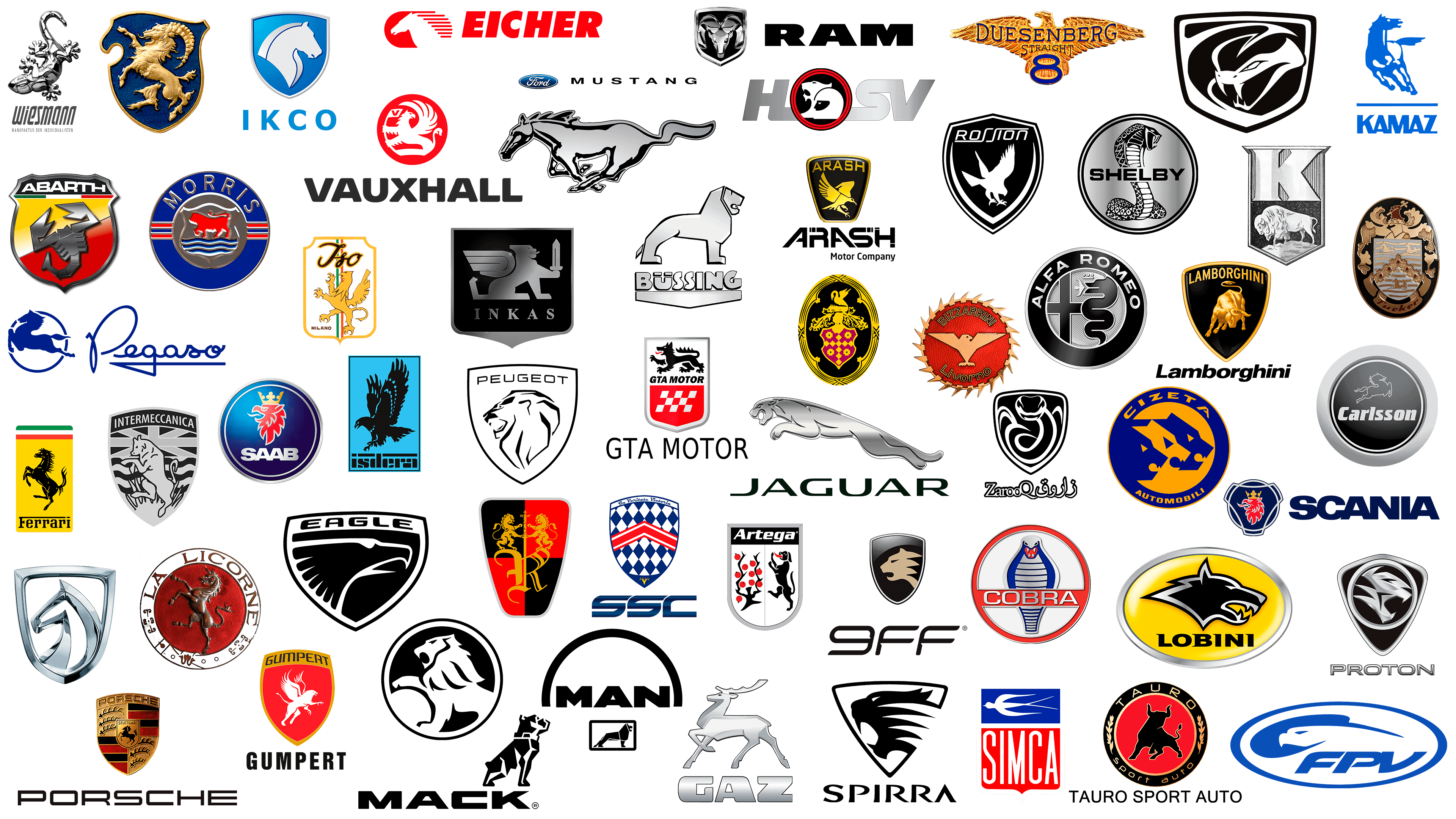

Top Tier: The Uncontested Champions of Used Car Reliability
When it comes to buying used, a few brands consistently rise to the top, having built reputations for bulletproof reliability and sensible ownership costs.
- Toyota: The undisputed king of reliability. Toyota vehicles, including the Corolla, Camry, RAV4, and Highlander, are legendary for their longevity, low running costs, and minimal fuss. Their engines and transmissions are known to last for hundreds of thousands of miles with proper maintenance. Used Toyotas hold their value exceptionally well and are often the safest bet for a worry-free purchase.
- Honda: A close second to Toyota, Honda also boasts an outstanding record for reliability, fuel efficiency, and strong engineering. Models like the Civic, Accord, CR-V, and Pilot are perennial favorites in the used market. They offer a slightly more engaging driving experience than some Toyotas while maintaining excellent dependability.
- Lexus (Toyota’s Luxury Arm): If you desire luxury without the high maintenance costs typically associated with premium brands, used Lexus models (especially the ES sedan and RX SUV) are fantastic choices. They benefit from Toyota’s robust engineering, offering a refined ride, plush interiors, and exceptional long-term reliability at a fraction of their new price.
- Acura (Honda’s Luxury Arm): Similar to Lexus, Acura vehicles like the TLX, RDX, and MDX offer a blend of luxury, performance, and Honda’s proven reliability. They are often overlooked gems in the used market, providing great value for those seeking a premium experience without the premium repair bills.
Solid Contenders: Brands Offering Great Value & Dependability
Beyond the top tier, several other brands offer compelling value and strong reliability, making them excellent choices for used car buyers.
- Subaru: Known for their standard Symmetrical All-Wheel Drive, excellent safety ratings, and strong owner loyalty, Subarus like the Outback, Forester, and Impreza are popular, especially in areas with inclement weather. While older models had some specific engine concerns (like head gaskets), newer generations have largely resolved these, offering great all-weather capability and solid reliability.
- Mazda: Mazda has quietly become a standout in terms of reliability and driving dynamics. Models like the Mazda3, Mazda6, and CX-5 offer stylish designs, upscale interiors, and a surprising level of driver engagement. Their SKYACTIV technology engines are efficient and dependable, and maintenance costs are generally reasonable.
- Hyundai/Kia: These South Korean brands have made enormous strides in quality, design, and reliability over the past decade. Used models like the Hyundai Elantra, Sonata, Tucson, and Kia Forte, Optima, and Sportage often come with excellent features for the price. If you find a CPO model, you might even benefit from the remainder of their impressive original warranties.
- Ford: While some specific Ford models and powertrains have had issues (e.g., certain automatic transmissions in older Focus/Fiesta models), many Ford vehicles offer solid reliability and widespread parts availability. The Fusion, Escape, and F-150 (truck) are generally good used buys, especially if well-maintained. Always research specific model years for known issues.
Important Considerations Before You Buy Used
Choosing the right brand is only the first step. Thorough due diligence is essential for any used car purchase.
- Vehicle History Report (VHR): Always obtain a CarFax or AutoCheck report. This crucial document reveals accident history, service records, ownership changes, odometer discrepancies, and title issues (like salvage or flood titles).
- Pre-Purchase Inspection (PPI): This is non-negotiable. Have an independent, trusted mechanic inspect the car before you buy it. They can identify hidden mechanical problems, frame damage, or upcoming maintenance needs that you wouldn’t otherwise spot. This small investment can save you thousands.
- Mileage vs. Age: A lower-mileage older car isn’t always better than a higher-mileage newer car. Low mileage can sometimes indicate a car sat unused, leading to dried-out seals and hoses. A car with moderate, consistent mileage suggests it was driven regularly and maintained. Aim for cars with 12,000-15,000 miles per year as a general guide.
- Maintenance Records: Ask the seller for service records. A car with a consistent maintenance history is almost always a better buy than one with gaps in its records.
- Test Drive: Don’t just drive around the block. Take the car on various road types (city, highway, bumps) and speeds. Listen for unusual noises, feel for vibrations or pulling, and test all features (AC, radio, power windows, lights).
- Budgeting Beyond Purchase Price: Remember to factor in sales tax, registration fees, insurance, and potential immediate repairs or maintenance items (e.g., new tires, brake pads, timing belt if due).
- Certified Pre-Owned (CPO) Programs: While CPO cars typically cost more than non-CPO used cars, they come with manufacturer-backed warranties, rigorous inspections, and often roadside assistance. For peace of mind, they can be a worthwhile investment, especially for more complex or luxury vehicles.
How to Find the Best Used Car Deal
Once you know what you’re looking for, finding it efficiently is the next step.
- Online Marketplaces: Websites like Autotrader, Cars.com, CarGurus, and Kelley Blue Book (KBB) are excellent resources for searching vast inventories from both dealerships and private sellers. You can filter by brand, model, year, price, mileage, and features.
- Dealerships (Franchise & Independent): Franchise dealerships (e.g., Toyota dealerships selling used Toyotas) often have CPO programs and a reputation to uphold. Independent used car dealerships offer a wider variety of brands and price points.
- Private Sellers: Buying from a private seller can sometimes yield a lower price because you’re cutting out the dealer’s markup. However, it requires more vigilance regarding inspections, paperwork, and negotiation, as there are fewer consumer protections.
- Negotiation Tips: Research the market value of the specific car you’re interested in using KBB or Edmunds. Be prepared to walk away if the price isn’t right or if issues are discovered. Don’t be afraid to ask for concessions based on PPI findings.
Good Car Brands To Buy Used: Representative Price Ranges & Key Insights
The following table provides estimated price ranges for popular used models from recommended brands. Prices vary significantly based on model year, mileage, condition, features, and geographic location. These are illustrative estimates for models typically 3-7 years old.
| Brand | Popular Used Model (Example Years) | Typical Used Price Range (USD) | Key Benefits (Used) | Potential Considerations (Used) |
|---|---|---|---|---|
| Toyota | Camry / Corolla / RAV4 (2017-2021) | $15,000 – $28,000 | Legendary reliability, low running costs, high resale | Can be pricier than competitors, less "exciting" drive for some |
| Honda | Civic / Accord / CR-V (2017-2021) | $16,000 – $29,000 | Excellent reliability, good fuel economy, engaging drive | Also holds value well, so expect higher prices; some specific model year transmission quirks (research) |
| Lexus | ES 350 / RX 350 (2016-2020) | $22,000 – $38,000 | Luxury comfort, Toyota reliability, quiet ride | More expensive parts/labor than non-luxury, though less than German rivals |
| Acura | TLX / RDX (2016-2020) | $18,000 – $32,000 | Sporty luxury, Honda reliability, often good value | Not as widely recognized as Lexus, potentially fewer dealerships |
| Subaru | Outback / Forester (2017-2021) | $17,000 – $30,000 | Standard AWD, high safety ratings, good for outdoors | Older models had head gasket issues; specific Boxer engine maintenance |
| Mazda | Mazda3 / CX-5 (2017-2021) | $14,000 – $26,000 | Fun to drive, stylish, surprising reliability | Smaller dealership network than some rivals |
| Hyundai | Elantra / Sonata / Tucson (2018-2022) | $13,000 – $25,000 | Great features for price, improved reliability | Some early GDI engine issues on older models (research specific years) |
| Kia | Forte / Sportage (2018-2022) | $13,500 – $26,000 | Strong value, attractive design, good warranty (CPO) | Similar to Hyundai, research specific model year engine reliability |
| Ford | Fusion / Escape (2017-2020) | $12,000 – $23,000 | Widespread parts, comfortable ride | Specific transmission issues on Focus/Fiesta (avoid these model years); research specific powertrains |
Note: Prices are estimates and highly variable. Always check current market conditions.
Frequently Asked Questions (FAQ)
Q1: Is it always better to buy a used car than a new one?
A1: Financially, yes, in most cases, due to rapid new car depreciation. However, new cars offer the latest tech, full warranty coverage, and the assurance of being the first owner. Your personal priorities and budget should guide the decision.
Q2: What’s the "sweet spot" for used car mileage?
A2: Generally, cars between 40,000 and 80,000 miles can offer a good balance of value and remaining lifespan. They’ve already taken the biggest depreciation hit, but still have many years of reliable service left, provided they’ve been well-maintained.
Q3: Should I buy a CPO car or from a private seller?
A3: CPO offers peace of mind with a manufacturer-backed warranty and inspection, but at a higher price. Private sellers often offer lower prices, but require more due diligence (VHR, PPI) as there’s less recourse if issues arise.
Q4: How important is a pre-purchase inspection (PPI)?
A4: Extremely important. A PPI by an independent mechanic is the single best way to uncover hidden problems, assess the car’s true condition, and potentially save you from buying a lemon. Never skip it.
Q5: Are luxury brands good to buy used?
A5: Some, like Lexus and Acura, are excellent used buys due to their underlying reliability and lower cost of ownership compared to European luxury brands. Others (e.g., BMW, Mercedes-Benz, Audi) can be costly to maintain once out of warranty, so research specific models and budget for potentially higher repair costs.
Q6: How do I know if a used car has been in an accident?
A6: A Vehicle History Report (CarFax, AutoCheck) is the primary tool. Additionally, look for inconsistent paint colors, misaligned body panels, large gaps between panels, or new parts on one side of the car. A pre-purchase inspection can also reveal signs of prior damage.
Conclusion
Buying a used car from a reputable brand is one of the smartest financial decisions you can make when it comes to vehicle ownership. By focusing on brands known for their reliability, durability, and reasonable maintenance costs – such as Toyota, Honda, Lexus, Acura, Subaru, Mazda, Hyundai, Kia, and certain Ford models – you significantly increase your chances of a satisfying and trouble-free ownership experience. Remember that research, a comprehensive vehicle history report, and a professional pre-purchase inspection are indispensable steps. With patience and due diligence, you can confidently navigate the used car market and drive away with a high-quality vehicle that provides excellent value for years to come.
